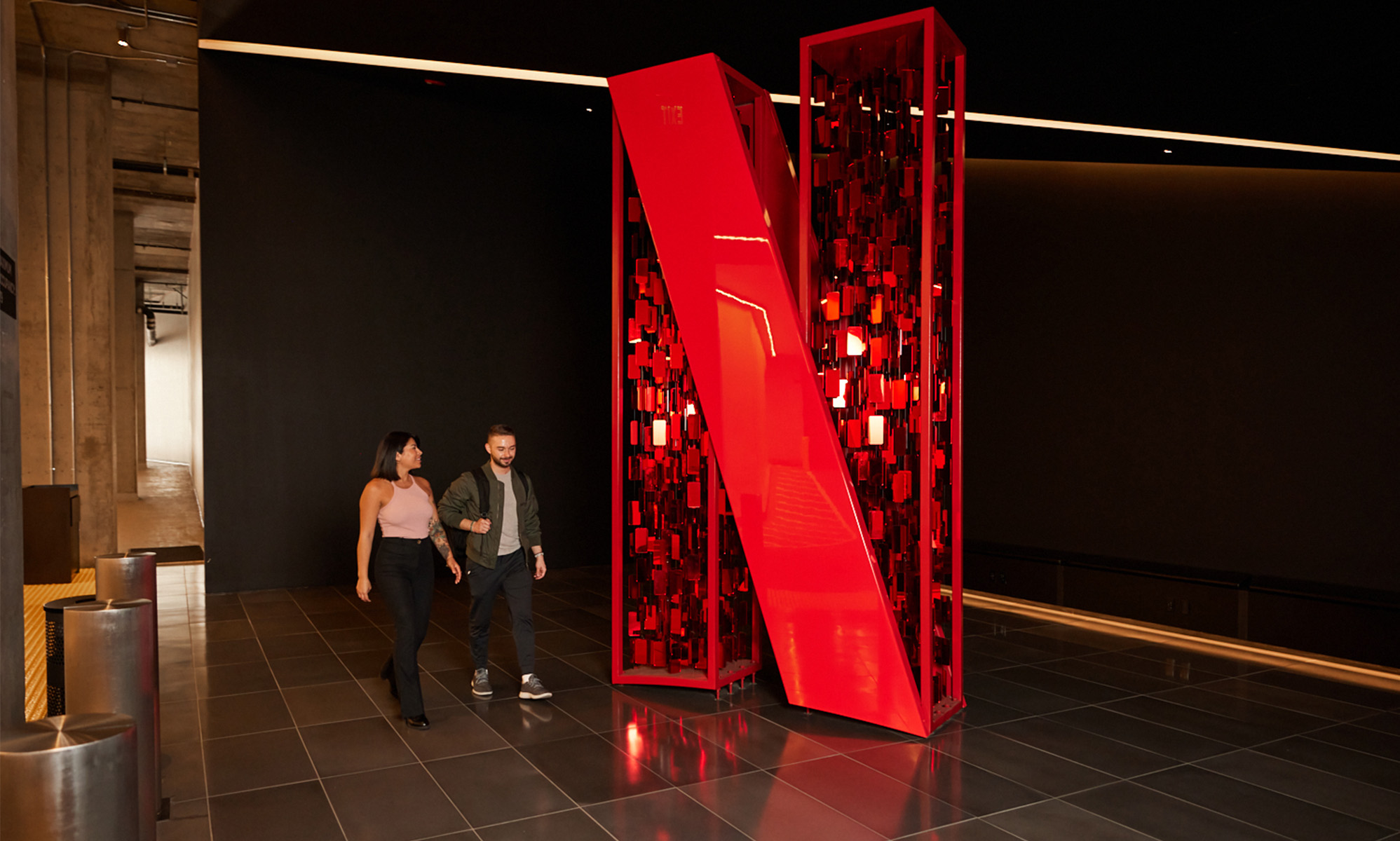On this week's Rule Breakers podcast, Motley Fool co-founder David Gardner takes on a topic that he's never hit before, but that plenty of his listeners want to hear about from him: cryptocurrencies. To answer their questions about this transformational invention, he's enlisted the help of Fool analyst Aaron Bush.
In this segment, they discuss the ways in which blockchain and cryptocurrencies might lead to more -- or less -- transparency in the financial system, how the technology could improve legacy tools in the financial system and elsewhere, the overabundance of new players in the blockchain world, and more.
A full transcript follows the video.
This video was recorded on Oct. 18, 2017.
David Gardner: First, I kind of want to ask you. You used the word "transformational" just before that break. I want to change that word briefly and turn it into "transparency." Transparent. And one thing I'm trying to figure out is, does bitcoin, does Ethereum, do cryptocurrencies create more transparency in the world because of the nature of that ledger you talked about earlier? Blockchain is just a database. It's all out there.
Or I think a lot of us hear stories about how drug dealers in the developing world are using this to trade with each other so they can go around government borders or scrutiny. So I can't quite figure out. Maybe you have, or not. Tell us. Is this leading to more transparency in addition to the transformation?
Aaron Bush: I don't think there's a clean-cut answer to that. I think in some cases the answer is no. Part of the reason why something like bitcoin was made in the first place was to avoid that. And when you do that, you do, bad actors do come aboard. But I don't think transparency is the real story here. I think if it is important, then that will be baked into the network, and it will be valued for its transparency. But it really just depends on the application.
Gardner: That makes a lot of sense. So there could be a new cryptocurrency that's all about the transparency of things and has additional fat code laid on top of it that's making things intentionally more transparent in some context, because people value that in that context.
Bush: Yeah. And I do think with the transparency commentary, in and of itself, with something like bitcoin, you might not have transparency on who, exactly, is behind everything, but you will have transparency on every single transaction that has happened in the past. So there might be some trade-offs, but really, again, it ultimately boils down to what the developers put in the code.
Gardner: Aaron, this is an overused word, but I'm going to go with it anyway. There's an ecosystem at play here. And ecosystems are responsive to changes, and those that evolve and survive are effectively responsive. There's an ecosystem happening here that's growing, and I'm wondering whether you have any predictions or thoughts about your expectations for how blockchain will grow.
Bush: I think a couple of things about that. I think blockchain is going to help improve a lot of what exists today, and it's also going to help create new things that we haven't seen before. So as a public investor investing in stocks, I do think that we will see blockchain be used by many of the companies that we invest in.
It may be most prominently in financial circles. I think a lot of banks and financial institutions, exchanges are going to be leveraging this technology. It won't be very transparent or evident, I should say, to the users of the service. It's not going to be on the front lines, but it's going to be the piping.
Gardner: It's under the hood. It's what your financial-services company is using, even though you don't notice, necessarily.
Bush: I think for the most part that is what we're going to see from companies. But as we've seen with Ethereum, with blockchain, with these new inventions coming around, it can be used in new ways as well, and I think we're starting to see that accelerate right now. I do think from an investment standpoint that there is a lot of garbage out there. There is a lot of hype that is probably creating the vast majority of these new tokens coming online that will not really be worth anything.
I think that's OK, because what we are seeing as a result of that is tons of money flowing into the ecosystem. That money is being put to use for development purposes, and it is accelerating the development of this entire ecosystem. I think that that is very telling. Right now, most blockchain applications probably don't need to exist, to be honest with you, but I do think what we will see are a handful or maybe a few handfuls of big trillion-dollar ideas that figure out how to make this work, that transform various systems or ways of working in particular that are incredible.
Gardner: In some ways I think back to e-commerce and say a lot of dot-com, e-commerce start-ups died in order that Amazon could be awesome. A lot of failed social networks have existed, and in some cases still do, but many aren't around in order that Facebook could have reached now 2 billion people.
So in a way, maybe bitcoin, as a first mover, might be unstoppably positioned right now to grow and succeed, and Ethereum may be playing a little Pepsi to its Coke. They're both very much in our minds today. I don't know, and you don't know, 15 years from now, looking back how relevant those names will be. But if we had to bet, we'd probably bet that the early movers that are pioneering and getting big by people tapping into the networks of them probably are here to stay.
Bush: I think for the most part, yes. Obviously there are so many new currencies and blockchain applications coming online every day. As an investor, I do recognize that there are going to be a lot of niche plays, but I'm particularly interested in learning as much as I can now about it, because I do think that some of the biggest transformations are yet to exist. A lot of the most important cryptocurrencies and tokens have yet to even be made.
Probably what's most important is looking for those really big ideas. In bitcoin there is a big idea, and that's peer-to-peer payments and increasingly a store of value. I think that's very real. Ethereum is yet another different application, so I don't know if I would call it the Pepsi to bitcoin's Coke, because it was built to do something that bitcoin cannot, which is to be flexible and allow people to build applications on top of it.
The largest fundraising event in this entire ecosystem, so far, is Filecoin, which is built for storage. Anyone that has excess storage space on their computer can sign up for this and get paid in Filecoin to have people store whatever their files are onto your computer in an encrypted way. So I think looking for those big trillion-dollar ideas is what's most interesting here as an investor.





